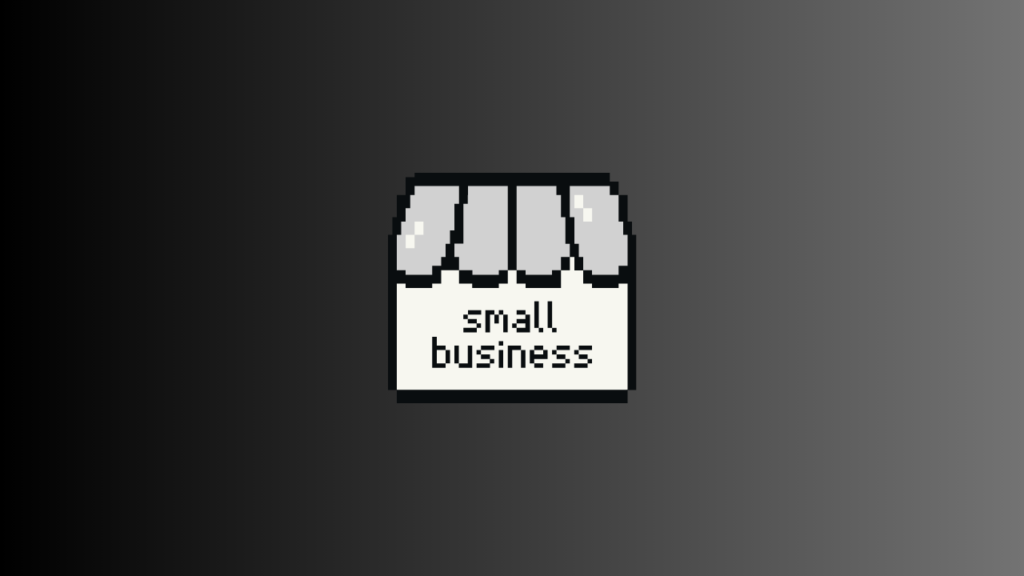Small businesses play a significant role in the economy and are vital for job creation and innovation. However, as technology continues to advance at an unprecedented pace, small businesses need to keep up with the latest trends to keep relevant and competitive. In this post, we’ll explore some innovative technologies that small businesses can consider to stay ahead of the curve.

Artificial Intelligence (AI)
Artificial Intelligence has been a hot topic in recent years and for good reason. AI can help small businesses automate repetitive tasks, improve customer service, and even personalize marketing efforts. Chatbots are an excellent example of how small businesses can leverage AI to improve customer service. These chatbots can be programmed to answer common customer questions, provide product recommendations, and even process orders. Additionally, AI-powered tools can help small businesses analyze customer data to identify trends and make more informed business decisions.
Cloud Computing
With cloud computing, instead of relying on expensive in-house IT infrastructure, businesses can store and access data online at a fraction of the cost of hosting it themselves. This has made it easier for small businesses to scale and grow without the need for significant upfront investment. Cloud computing also provides small businesses with greater flexibility and accessibility, allowing them to work from anywhere with an internet connection. This is why one shouldn’t hesitate in getting an experienced IT company to help roll out a cloud computing solution that is perfect for their particular business.
Internet of Things (IoT)
The Internet of Things (IoT) is a network of interconnected gadgets that interact over the web. This technology can be used to automate processes and improve efficiency in small businesses. For example, a retail store could use IoT devices to monitor inventory levels and automatically reorder products when stock runs low. Additionally, IoT devices can be used to track the movement of products through the supply chain, providing businesses with greater visibility and control.
Virtual and Augmented Reality
Virtual and augmented reality technologies are becoming increasingly accessible and affordable, and small businesses can leverage these technologies to create immersive experiences for customers. For example, a small business could use virtual reality to showcase its products and services in a unique and engaging way. Additionally, augmented reality can be used to provide customers with more information about products or even help them visualize how a product would look in their home or office.
Blockchain
Blockchain technology can completely change the way small companies conduct transactions and manage data and is a secure, decentralized ledger that can be used to store and verify data in a transparent and tamper-proof manner. This technology can be used to create secure payment systems, track the movement of goods through the supply chain, and even store important business documents.
Small businesses need to keep up with the latest technological trends to remain competitive in today’s fast-paced business environment. The list above includes just a few of the technologies that small businesses can consider to improve efficiency, automate processes, and provide customers with unique and engaging experiences. By embracing these innovative technologies, businesses can position themselves for success in the years to come.
